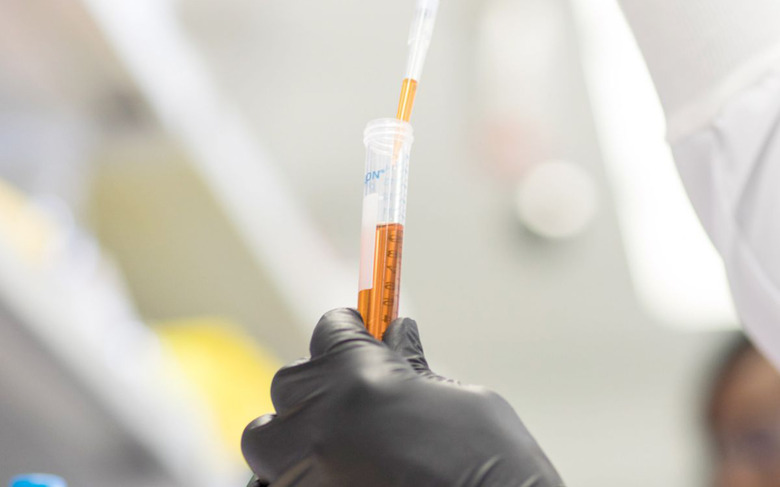COVID-19 vaccine booster now CDC recommended for these groups
The FDA and CDC are recommending a third, booster shot of the COVID-19 vaccine, though only for people who fall into certain categories of medical condition. The announcement – which includes an extension of the terms of the emergency use authorizations for Pfizer and Moderna's vaccines by the FDA – is the first step in what many experts have been saying is an inevitability in coronavirus pandemic.
While both of the vaccines – widely in use in the US, and abroad – have been shown to have a significant, positive effect in fighting COVID-19 and reducing the likelihood of severe infection, hospitalization, and death, coronavirus variants have remained a cause of concern. The Delta variant, for example, has proven to be more virulent than previous strains, and while current vaccines are generally effective against it, the reality is that – like the flu and other annual infections – changes in the virus may require top-ups to immunity over time.
This week, the FDA announced it would be amending the EUAs for Pfizer-BioNTech and Moderna's COVID-19 vaccines, focusing on use in a specific category of patient. It'll allow for an extra, third dose of the vaccine for certain immunocompromised individuals. More specifically, it covers solid organ transplant recipients, or those who are diagnosed with conditions that are considered to have an equivalent level of immunocompromise, the FDA explains.
"Today's action allows doctors to boost immunity in certain immunocompromised individuals who need extra protection from COVID-19," Acting FDA Commissioner Janet Woodcock, M.D. said in a statement. "As we've previously stated, other individuals who are fully vaccinated are adequately protected and do not need an additional dose of COVID-19 vaccine at this time. The FDA is actively engaged in a science-based, rigorous process with our federal partners to consider whether an additional dose may be needed in the future."

Currently, only those who fall into that immunocompromised category should seek out a third booster dose of vaccine. That's based on research over the past months that indicates those people are more likely to account for so-called "breakthrough cases" of COVID-19. That's where vaccinated people still get infected with the coronavirus.
"Emerging data suggest some people with moderately to severely compromised immune systems do not always build the same level of immunity compared to people who are not immunocompromised," Rochelle P. Walensky, MD, MPH, Director of the CDC, said in a statement. "In addition, in small studies, fully vaccinated immunocompromised people have accounted for a large proportion of hospitalized breakthrough cases (40-44%). Immunocompromised people who are infected with SARS CoV-2 are also more likely to transmit the virus to household contacts."
The change in guidance will only affect a relatively small proportion of the US population. Around 3-percent of US adults are classed as immunocompromised, whether that be because they have received organ or stem cell transplants, have advanced or untreated HIV infection, are actively undertaking treatment for cancer, are on medications which cause weakening of the immune system, or other reasons.
The CDC has a full list of conditions, under which a third dose of COVID-19 vaccine is recommended. Those who fall into that group should speak to their healthcare provider; the extra dose should be of the same brand as their first mRNA vaccine series – if you were given Pfizer initially, for example, your third dose should also be from Pfizer – and be administered at least four weeks after the second dose of the initial vaccine series.
As with the FDA guidance, "CDC does not recommend additional doses or booster shots for any other population at this time," the agency makes clear.
Even with a third shot, however, that doesn't mean immunocompromised people are necessarily in the clear. They should continue with physical precautions, such as mask-wearing and social distancing, the CDC and FDA insist. Close contacts of such people should also be vaccinated, albeit with just the standard two dose regimen, "to provide increased protection to their loved ones," the FDA adds.
